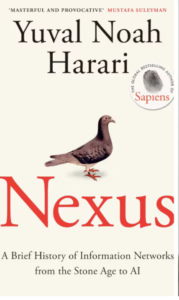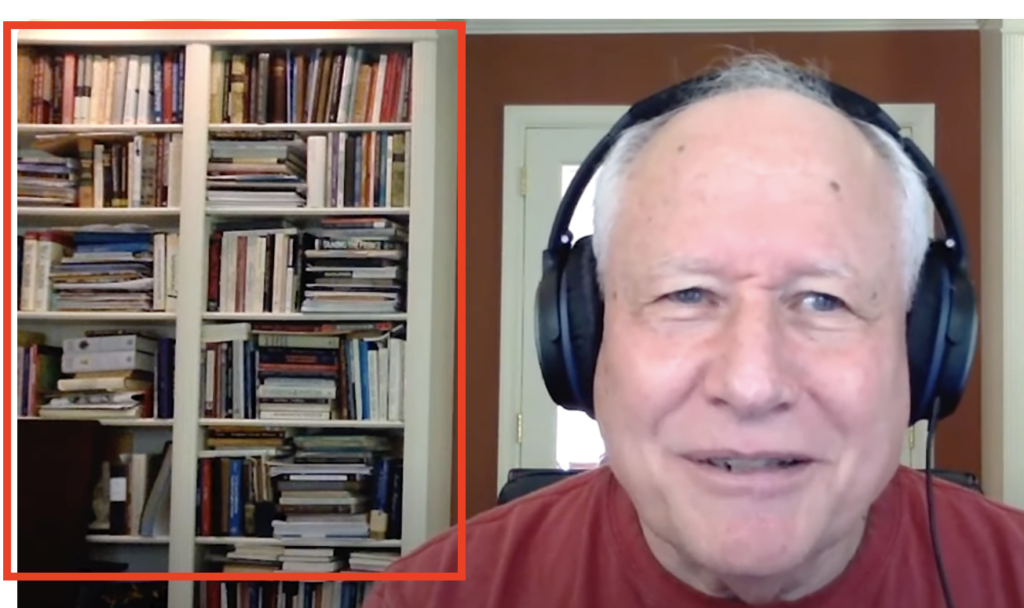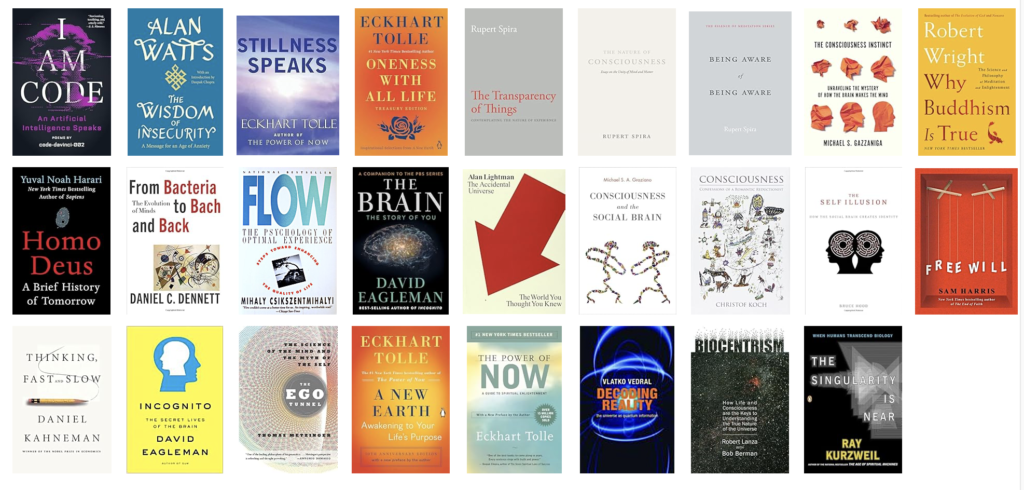Yuval Noah Harari begins his “history of information networks” talking about books as a type of technology, the Bible being the most successful example. And the Catholic Church as one of the most powerful networks.
After his death, Jesus became the subject of one of the most remarkable branding campaigns in history. […] The story of Jesus managed to have a much bigger impact on history than the person of Jesus.
While most Christians were not physically present at the Last Supper, they have heard the story so many times, and they have seen so many images of the event, that they “remember” it more vividly than they remember most of the family dinners in which they actually participated.
Religions always claim to be an objective and eternal truth rather than a fictional story invented by humans.
The Bible as a single holy book didn’t exist in biblical times. King David and the prophet Isaiah never saw a copy of the Bible. […] no two ancient Bibles were identical.
Catholic theology accepted that Jesus told us to love our enemies, but explained that burning heretics was an act of love, because it deterred additional people from adopting heretical views, thereby saving them from the flames of hell.
The first rule of changing church teachings is that you never admit to changing church teachings.
Religions throughout history claimed a nonhuman source for their holy books; soon that might be a reality. Attractive and powerful religions might emerge whose scriptures are composed by AI. Pg 209
The Bible had a profound effect on billions of people, even though it was a mute document. Now try to imagine the effect of a holy book that not only can talk and listen but can get to know your deepest fears and hopes and constantly mold them.

 I have read and enjoyed each of Yuval Noah Harari’s previous books.
I have read and enjoyed each of Yuval Noah Harari’s previous books. 
 I don’t recall precisely when or how I became interested in
I don’t recall precisely when or how I became interested in